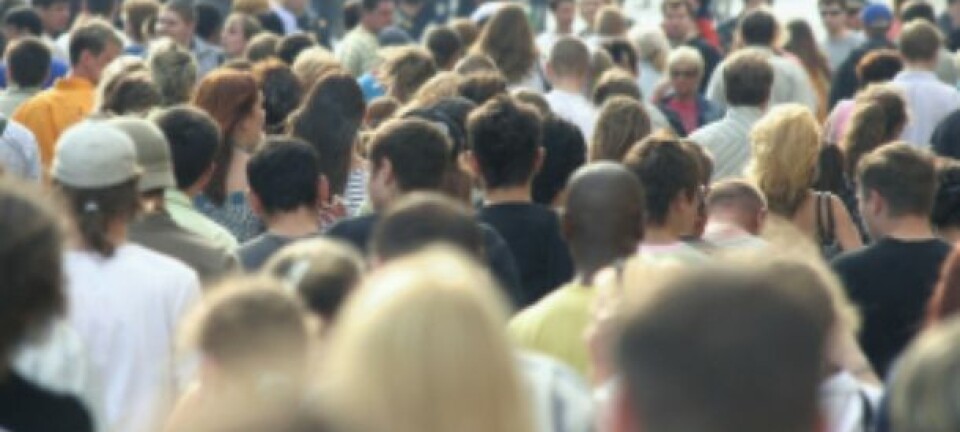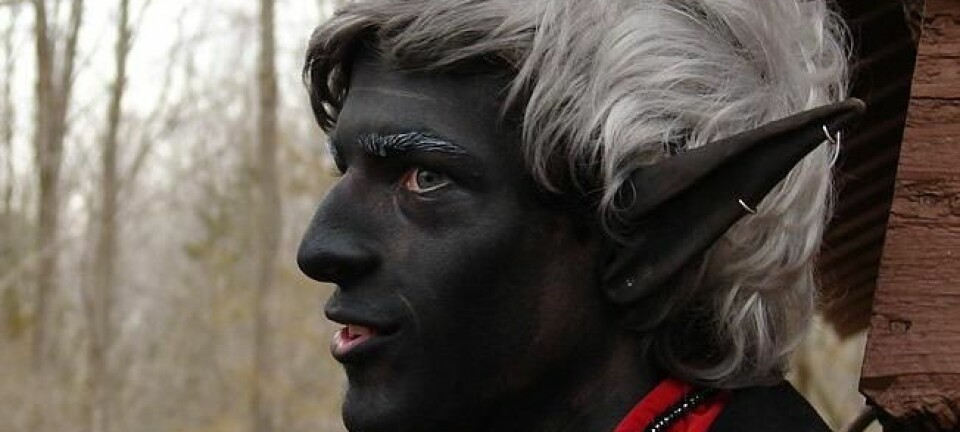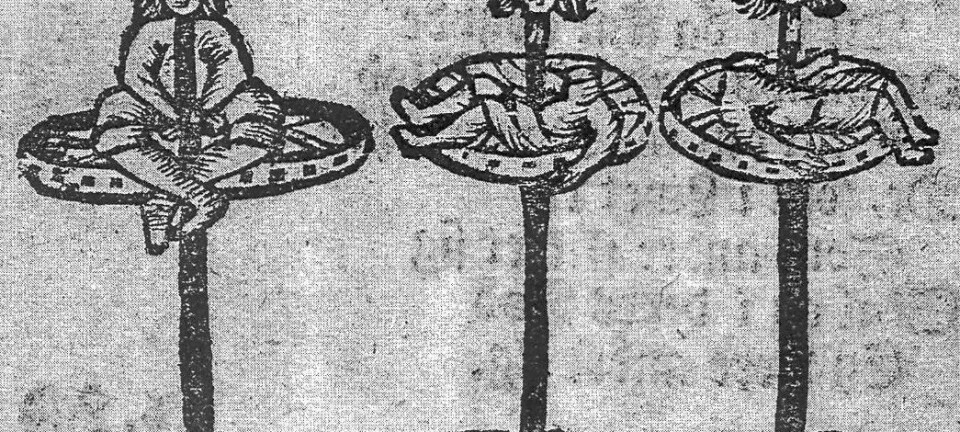
Berlusconi would never win a Danish election
In Denmark, religion plays a very special role. That’s why someone like Silvio Berlusconi would never be as successful in Denmark as he has been in Italy.
Swaggering, corrupt and manipulative. These characteristics are frequently attributed to Silvio Berlusconi.
The former Italian prime minister would never have achieved the political success in Denmark that he has in Italy. More than anything else, this can be put down to the different relationship that Danes and Italians have to their religion.
”Here in Denmark, people generally don’t reflect much on their religiosity. But religion plays a very central role in our mentality and our public institutions,” says Hans Raun Iversen, an associate professor of practical theology and director of the Centre for Church Research at Copenhagen University. He is one of the authors of a new book about the future of the Danish religious model.
“In Italy things are different. There, religion plays an equally central role, but in a different way. Berlusconi can demonstrate that he’s a good Christian simply by going to church once in a while and by talking nicely to the pope. As long as he does that, he’s free to do whatever he likes,” says Iversen.
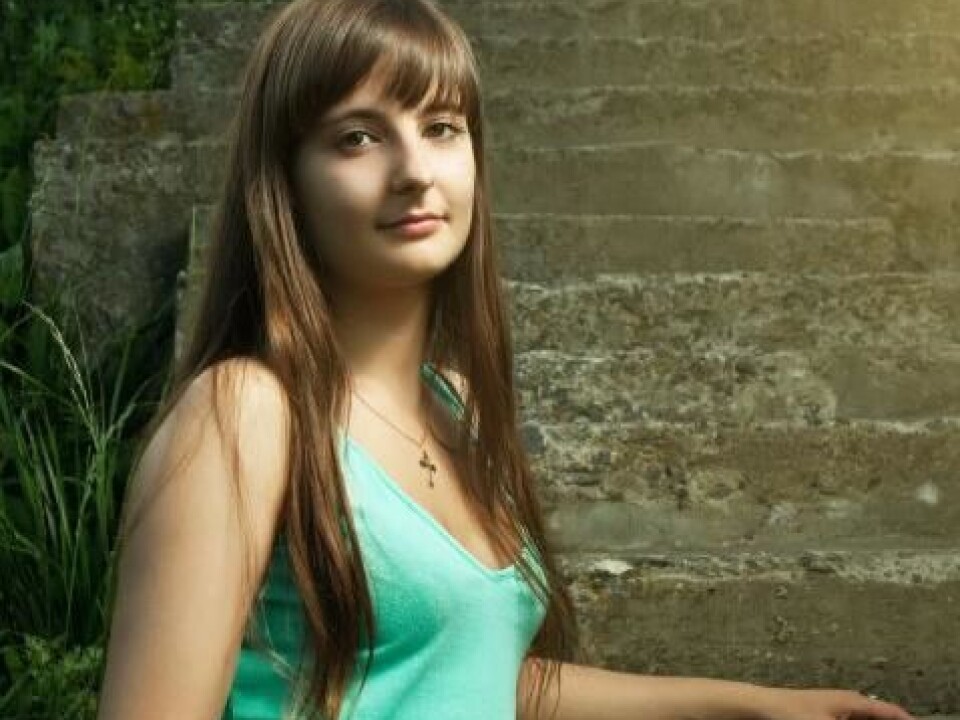
“In Denmark we don’t expect our prime minister to flaunt his or her religiosity. But we expect our prime minister to behave like a good Christian, who follows the moral standards derived from Lutheran Christianity.”
Italy was a state when Christianity arrived
Together with 19 other researchers, Iversen has studied the so-called ‘Danish religious model’ – the framework within which religion functions in Denmark.
In Denmark, religion influences pretty much everything in our society and our mentality, which is also reflected in the diversity of the research team: the researchers come from eight different disciplines: theology, history, law, political science, sociology of religion, economics, Islamic studies and anthropology.
The Danish religious model is special because the Danish state has always been closely tied to Christianity. And even though some politicians want to separate church and state, it will be almost impossible to take Christianity out of Danish society – because it’s founded on Christianity.
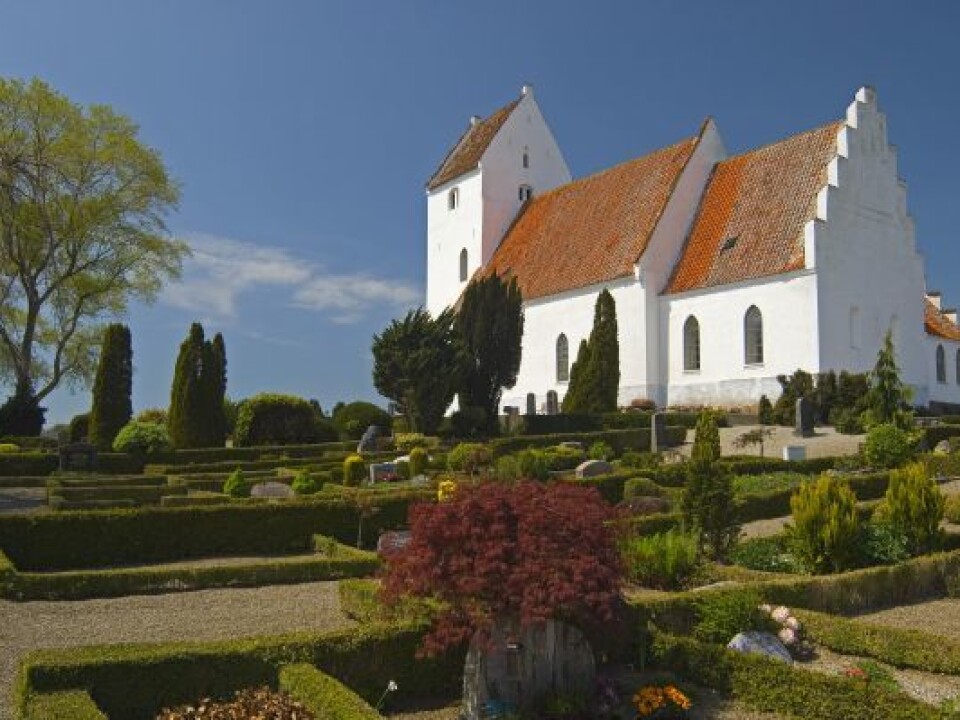
“In Italy, church and state live side by side according to a special agreement,” explains Iversen.
“When Christianity came to Italy, the Romans had already created a civilisation and a state. The Danish state, on the other hand, was built on a Christian foundation after the Reformation in 1536, and we’re still seeing the consequences of that today.”
The King seized church land
The new research has looked into Danish religion from several different angles, one of which is historical.
The book starts in the Middle Ages. The researchers show how the Danish state and its laws were built around a Christian mindset.
When Christianity came to Italy, the Romans had already created a civilisation and a state. The Danish state, on the other hand, was built on a Christian foundation after the Reformation in 1536, and we’re still seeing the consequences of that today.
As an example, Iversen mentions the bishop of Viborg, who wrote the 'Jyske Lov', the manuscript of the Danish Code of Jutland, in 1241.
“After the Reformation in 1536, the King unified the church and the state. He did this to gain access to the church’s infrastructure and thus take ownership of the third of Denmark’s land that belonged to the church. But at the same time Christianity had an impact on the state.”
The Italian church is complementary to the state
So the Danish state was built by Christians, whereas the Romans had already established a written language, a state and a well-developed legal system by the time Christianity arrived.
This is why Christianity became complementary to the state – something that lived a life of its own outside the state. This separation has remained to this day, and that’s why Berlusconi, viewed with Italian eyes, can easily be regarded as a good Christian – even though his management of the state is said to have been full of mischief and fraud.
“In Denmark things are different. One would think that religion plays a much smaller role for Danes than for Italians. Here we have less ecclesiastical activity and many Danes say that Christianity doesn’t mean all that much to them,” says Iversen.
“Yet religion lives inside us and determines our thoughts and actions. And I would argue that in some ways religion plays a greater part here than in Italy.”
New religious model would be problematic
The Danish Church Minister, Manu Sareen, has expressed a wish to make a thorough reform of the Danish religious model. But that would be very difficult to implement, says Iversen:
“Manu Sareen wants to be king of the new religious model. He wants to be the next Harald Bluetooth or King Christian III – the men behind the two previous Danish religious models.
“But it’s wrong to think you can separate religion from the secular. In our research we aim to uncover how religion and the secular are interdependent on all levels.”
The book ’Fremtidens danske religionsmodel’ ('The Danish Religious Model of the Future' – available in Danish only) is the first step towards an international account of the various religious models in the EU.
-----------------------------------------
Read the Danish version of this article at videnskab.dk
Translated by: Dann Vinther
